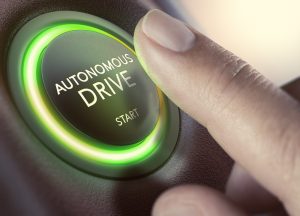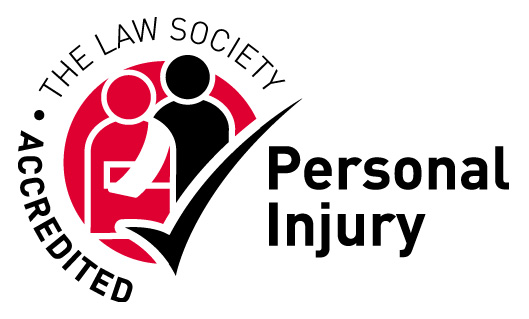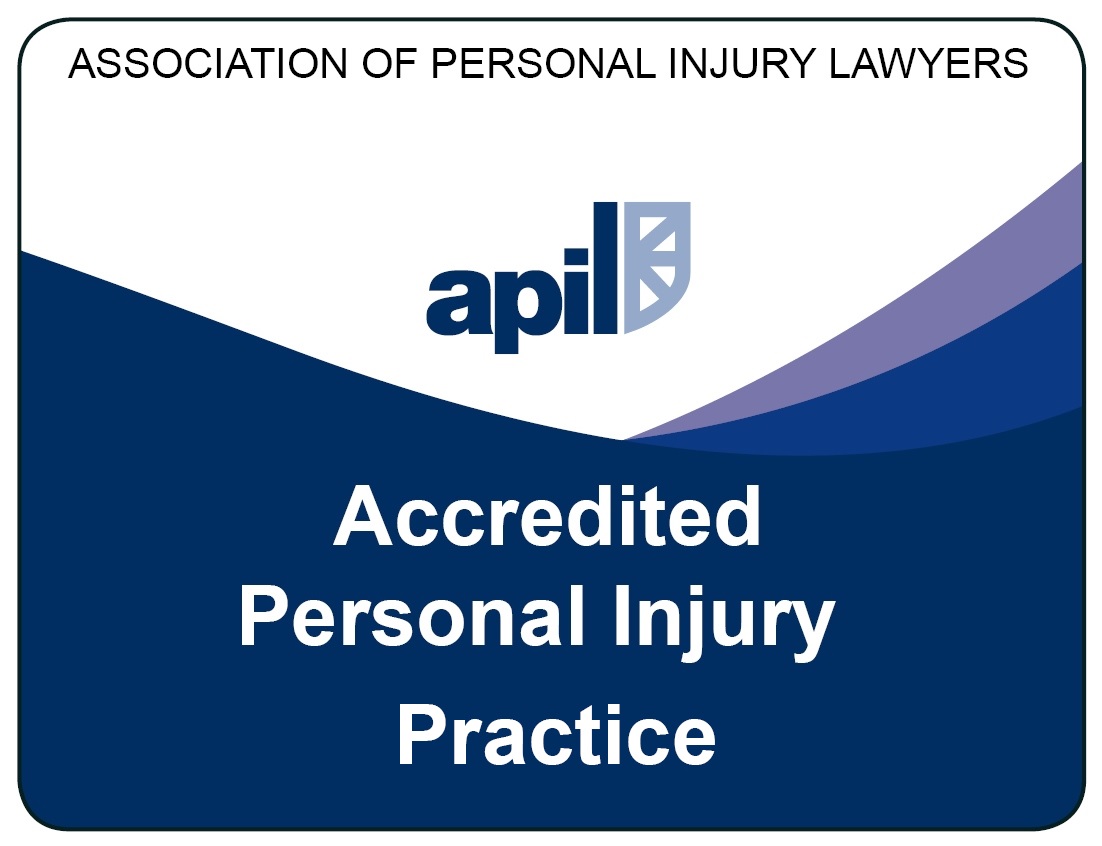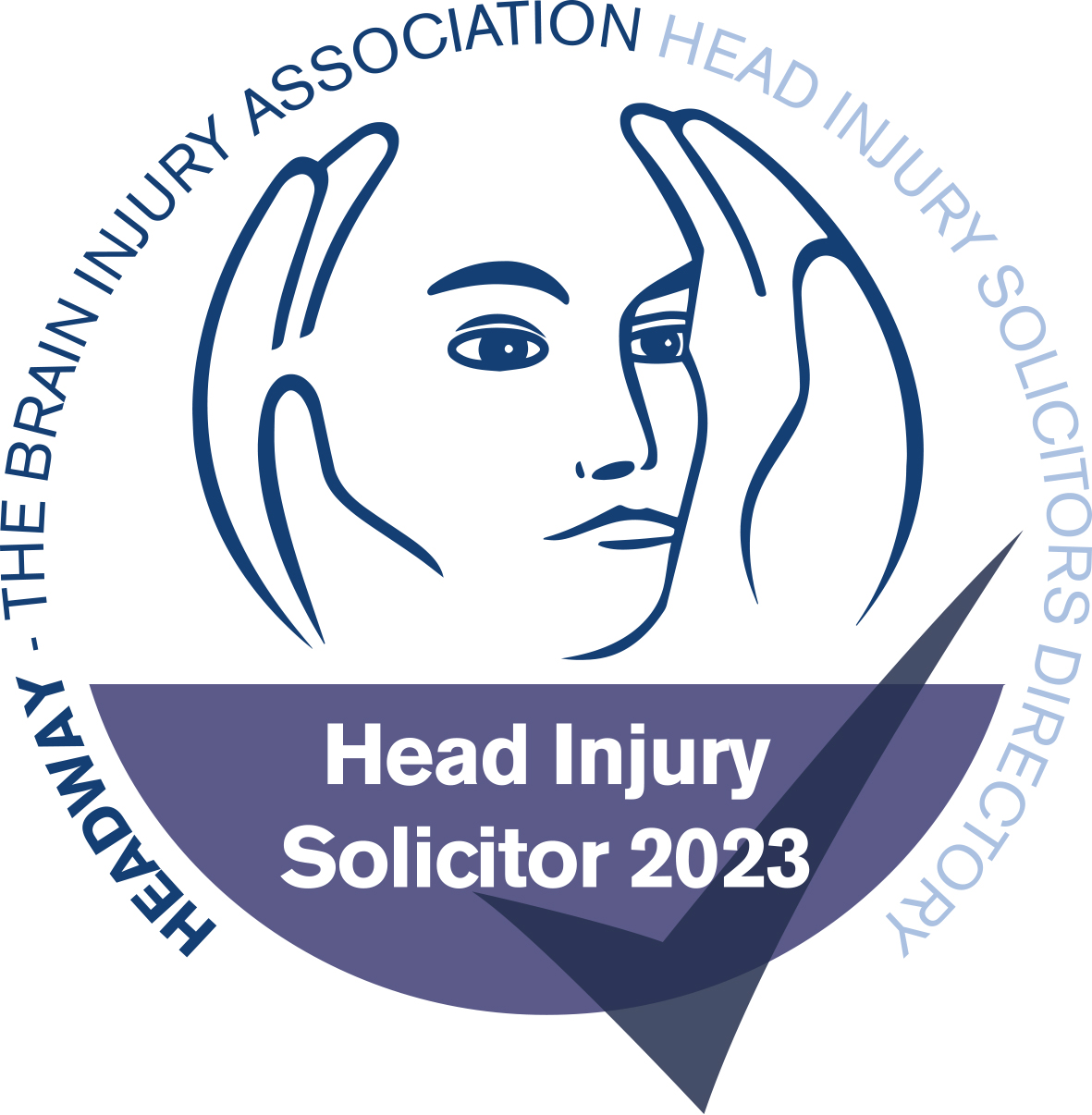



Driverless Cars & The Future of Road Compensation Claims

It is a well-known fact that human error is the biggest cause of most road accidents worldwide. Many government organisations cite human error as being accountable for over 90% of collisions on a yearly basis. This is where driverless cars come into the equation…
Good vs. Bad
The proponents of driverless cars tend to argue that automation will dramatically reduce the number of road traffic accidents. After all, computer chips don’t get sleepy nor do they get distracted by their mobile phones or kids screaming in the back seats! In fact, many tech firms have proclaimed that current automation has already proven to be highly effective at reducing the number of accidents. This includes technology that you might already have in your vehicle, e.g. handsfree, automatic braking and parking sensors.
However, we haven’t yet reached the point where people can put their feet up and enjoy a movie or book on the morning commute. Current self-driving cars require the driver to be fully alert and have their hands on the wheel at all times in case the automated system fails. Therefore it is clear that further testing will be required before the vast majority of the population will trust the technology.
The critics of self-driving cars are quick to point out the lack of proof that this technology will necessarily reduce accidents and fatalities. For instance, how will a driverless car react to a situation it has not been programmed to handle? Accidents could, potentially, be more deadly if several automated cars are travelling in close proximity at high speed. Will manufacturers set these vehicles to behave in a certain way during an accident in order to minimise loss of life? Moreover, our entire national infrastructure in the UK would most likely need to be upgraded in order to allow this technology to operate smoothly and safely. Potholes, unclear road markings and other irregularities could contribute to a significant rise in road accidents if the technology cannot adapt to them.
How will vehicle automation affect claims for compensation?
The looming prospect of self-driving cars has opened up vast debates within a wide variety of industries worldwide. There are still many unanswered questions that remain within the legal industry. As mentioned above, it is currently a requirement for drivers to remain alert and have their hands on the steering wheel when automated driving is enabled. So, who is liable when the automation fails and an accident is caused? Is it the driver, who should be on hand to intervene? Or is it the vehicle manufacturer?
Who is to blame?
Essentially this boils down to a question of driver liability vs. product liability. Currently, injury lawyers will pursue a claim against the negligent driver’s insurance policy on behalf of the injured claimant. However, in a case where a full automation mode was engaged in the car, this might shift towards the manufacturers or tech companies. The potential implications of this shift are significant and it could affect the claiming process in several ways.
Firstly, a road traffic accident is a very traumatic experience for any person. Personal injury lawyers ideally want to expedite the process of claiming to ensure that their clients do not have to wait excessively long periods to receive their compensation. Many clients require this financial package in order to cover loss of earnings, medical bills and the cost of therapy or care etc. An unduly longwinded claiming process could cause unnecessary stress to people who are already suffering as a result of their injury.
Secondly, holding the manufacturer to account may be extremely complex. This is primarily because of the sheer amount of labour and number of production companies that might contribute to the building or design of one single vehicle. If one part fails is the responsibility divided between all of them? Or the simply just the car brand? Dealing with corporate firms may also be very labour intensive for injury lawyers themselves. This could, in turn, see an end to no win, no fee arrangements between law firms and their clients.
Perhaps a viable solution would be to keep the process much the same as it is at the moment, and instead require the third party’s insurance company to claim back their losses from the manufacturer’s insurance company. This would, of course, incur additional costs for car insurance companies, but the rise of driverless cars will benefit them in multiple ways which may offset these losses. For instance, premiums may rise for automated vehicles (at least initially), not to mention the fact that the GPS data, sensors and cameras will help to stamp out fraudulent claims.
In sum, there are various pros and cons to driverless vehicles. Nobody truly knows how it will affect their industry and up to this point, it is simply conjecture. It is certainly an area that we will be keeping an eye on…
Have you been involved in a road traffic accident?
For decades, we have fought for compensation for our clients. Our no win, no fee promise means there is no financial risk to you when you make your claim.
If another road user was to blame for your injuries, get in touch with our specialist team. From the very start, we will give expert advice and handle your case professionally and with integrity to win the compensation you deserve. We usually operate on a no win, no fee basis.
To speak to one of our experts today call us on 0800 342 3206 or complete our enquiry form and one of our team will contact you shortly.





